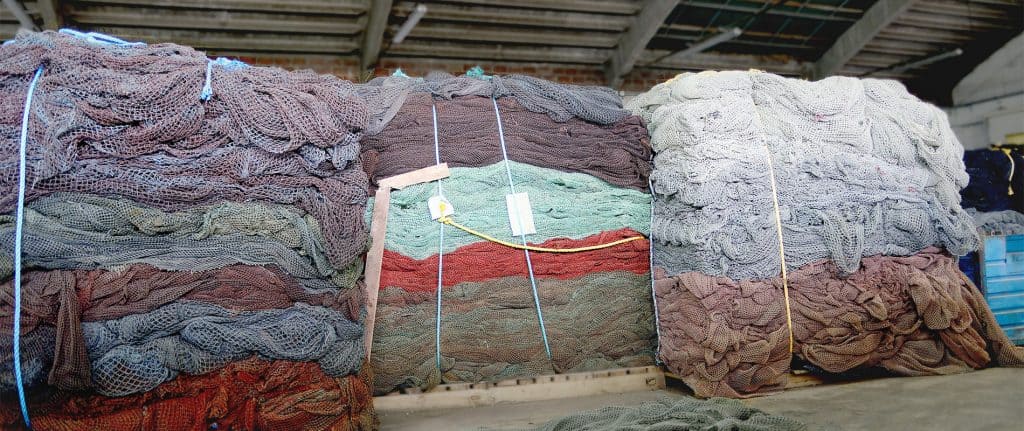The destructive deluge of plastic waste blighting our oceans is a huge environmental problem. 5 trillion pieces contaminate our seas and the accumulation is set to quadruple in the next 20 years.
In fact, there is expected to be more plastic than fish in the sea by 2050.
The large mass of fishing nets, plastic containers, bottles, packaging and other discarded items are killing and harming marine life and poisoning our fragile ecosystem.
A growing number of clothing brands are making a fashion statement in response to this ecological issue. Fashion houses, sports, swimwear and surfing brands are recovering, recycling and repurposing plastic debris into sustainable styles.
Sea to Shoe
Global sportswear company, Adidas, have teamed up with the environmental group Parley for Oceans to mass produce trainers made entirely from discarded ocean plastic and fishing nets.
Adidas have used marine waste sourced from Parley’s and the Sea Shepherd’s clean-up operations located in the Maldives and along 1,000 coral islands off the western coast of India. The plastic is then up-cycled into “technical yarn fibres” to make up 95% of the trainers’ material. The other 5% of the trainer is made from recycled polyester. Each pair of UltraBoost Uncaged Parley shoes contains the equivalent of 11 plastic water bottles.
“We can’t wait to hear the stories of those who stand up, suggest creative solutions, take action and want to join us on our journey to clean up the oceans,” says Adidas group executive board member Eric Liedtke on their innovative collaboration.
Along with trainers, Adidas have also unveiled football kits made with salvaged marine waste. Bayern Munich and Real Madrid are the latest teams to proudly wear their conscientious creations.

Sink or Swim
There are an estimated 640,000 tonnes of abandoned nylon fishing nets clogging the ocean, but Italian company Aquafil have a sustainable solution to this reckless waste which we hope ‘catches on’.

Aquafil has created a closed-loop product called ECONYL, a type of nylon manufactured wholly from waste streams that include abandoned fishing nets collected from landfills and ocean cleanups. The collected waste is then transformed into the regenerated raw material without any loss of quality, through the cutting-edge ECONYL Regeneration System.
Since launching ECONYL 9 years ago, many brands have pursued this pioneering yarn fibre technology, from surfing brand Finisterre, to swimwear brands Volcom and Ruby Moon. Outerknown, a men’s apparel company created by World Surfing Champion Kelly Slater, has also used ECONYL in their jackets and board shorts.









